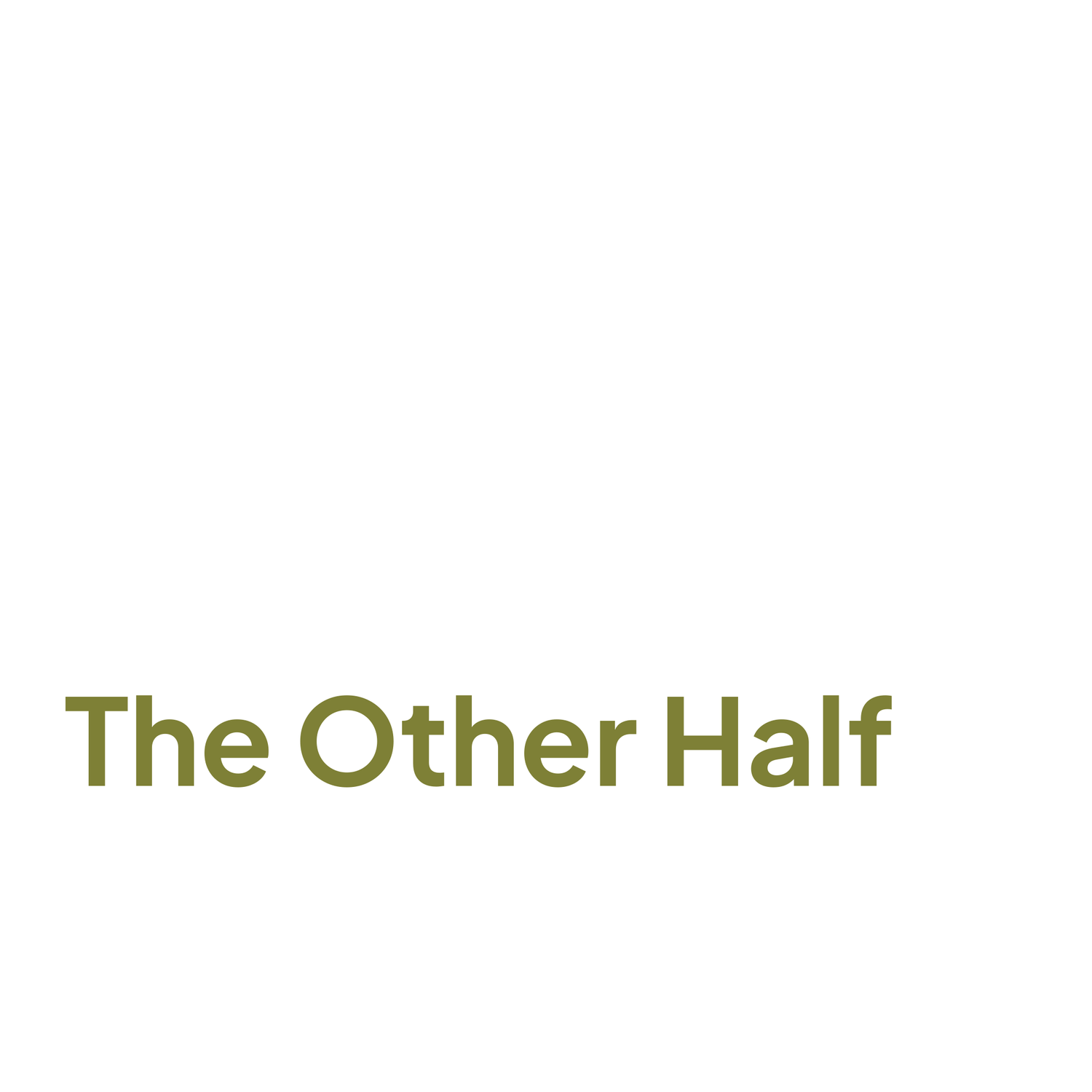Women’s perspectives on egg freezing
Mothers & Others | Public Life
NEW PROJECT
August 2023
As egg freezing to postpone parenthood becomes more and more common, we ask: is this in women’s interests?
Tell us what you think - click here to fill in our survey
Egg freezing is increasingly popular as a way for women to have children at older ages. Eggs are preserved to use in future IVF, meaning women can “be their own egg donor” once their own egg quality has declined, instead of using donor eggs from someone else. As people become parents later and later in life for a variety of reasons, this could offer valuable flexibility, allowing women and couples to have children when they wouldn’t be able to otherwise.
More and more large companies are offering egg freezing as a perk for their female workers, more commonly in the United States but also here in the UK. Egg freezing is often offered as part of a package of “fertility benefits” from employers, which might also include paid leave to undergo fertility treatment, paid surrogacy, and menopause support. There is also a growing sector of broker organisations who put employers and fertility clinics in touch, and put together these packages of benefits.
The Other Half's concerns:
Egg freezing and IVF are still developing technologies, and success rates may continue to improve over the coming years. But in the meantime, it is far from a failsafe way to get pregnant in later life: the latest official figures show that each IVF cycle with a patient’s own frozen eggs has a less than one in five chance of resulting in a live birth.
It’s also a gruelling process that carries some risks to women’s health; around one in three will develop ovarian hyperstimulation syndrome, a potentially dangerous complication. Plus, in an ideal world, most women don’t want to leave it that late to have children: most people think that late 20s or early 30s is the best time to become a parent.
Clinics are charging thousands of pounds for a chance to push the problem into the future when it comes to having children. If women in their 30s aren’t in a position to have children yet, then who’s to say it will be any different five years later - assuming the treatment even works? Wouldn’t it be better if people were able to have children younger, when they actually want to?
In a work culture where corporate funding of egg freezing is normalised, but younger motherhood is not, it seems likely that some female employees may feel pressured to freeze their eggs for the sake of their careers. Egg freezing may offer choice, but women risk damaging their health, and they risk missing the window to have a family at all. How do we ensure that a decision they make to freeze their eggs is in their own interests, not just the interests of others?
We are collecting data on women’s perspectives on egg freezing
To inform our upcoming report on this topic, we want to understand better what women think about egg freezing. We’re looking for responses from all women; whether they have frozen their eggs, whether they’ve thought about it, or whether they have never heard of egg freezing before. What are the reasons that women might find egg freezing an attractive idea? And what do they find off-putting about it? If they freeze their eggs, are they satisfied with their experience? Are the health risks and the low chance of success communicated clearly enough by clinics?

